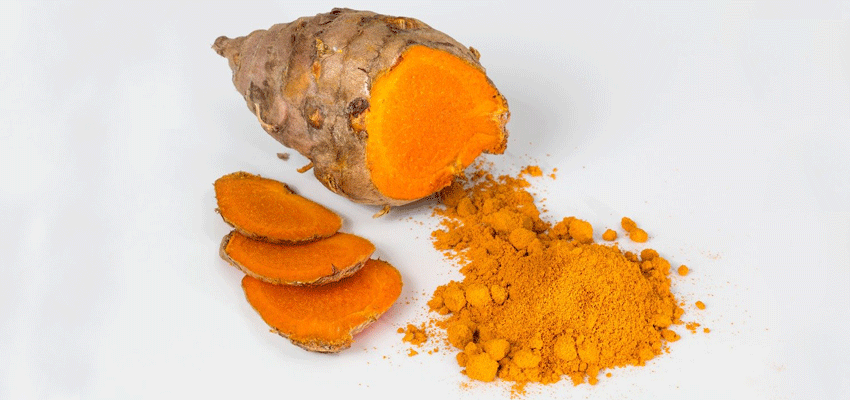The Advisory Board on the Quality of Botanical Supplements has created a consensus paper to clarify how experts can examine the quality, safety and efficacy of turmeric supplements.
Botanical products and certain spices are attracting more and more attention from consumers, as they are recommended for a healthy diet. With regard to turmeric, for example, its anti-inflammatory properties are highlighted in many publications. A commission of experts recently published a first consensus paper entitled: "Food supplements of botanical origin. A multidisciplinary approach to quality. The Turmeric Case". The paper covers the chapters quality, safety and efficacy of herbal substances. The essential quality characteristic is the clear identification and purity of the herbal material, which is achieved, for example, by DNA tests, botanical analysis and the comparison of chemical fingerprints with reference samples. During the subsequent purification and extraction of the active ingredients, it must be ensured that undesirable compounds are removed efficiently and that the extracts obtained are standardised in their composition and concentration.
Curcuma longa L. belongs to the ginger family and is a perennial herb that grows mainly in South East Asia. It is cultivated in China, India, Indonesia and Thailand. The orange-coloured turmeric roots are used to produce the spice curcuma. It is an important ingredient of curry powder and other spice mixtures of the Asian cuisine. Curcuma is also used as an ingredient in food supplements. The main active ingredients of the plant are curcumin, monodemetoxicurcumin and bisdemethoxyurcumin. The quality of the raw material is crucial. It should be free of similar other species. The use of colouring agents (e.g. Sudan red I and IV) for fining inferior qualities is prohibited and is one of the typical adulterations that must be considered in the risk analysis.
Other possible contaminations can be introduced during processing. Regular analytical testing for potential contaminants such as polyaromatic hydrocarbons, pesticide residues or traces of organic solvents is therefore advisable. It is also important to check the microbiological quality, especially the absence of pathogenic germs and mould spores.
Curcuma and other spices are routinely analytically checked by AGROLAB Dr.A.Verwey and AGROLAB LUFA for the above mentioned quality requirements. Authenticity can be confirmed by chemical fingerprint e.g. 1H-NMR profiles in cooperation with AGROLAB's partner laboratories. We offer a comprehensive range of analyses for the quality control of spices and food supplements and base our assessment on many years of expertise in this field.
Note: The advisory board mentioned here was co-founded by Indena SpA.
Read more:
Author: Dr. Frank Mörsberger

 Contact
Contact

 Contact
Contact Career
Career